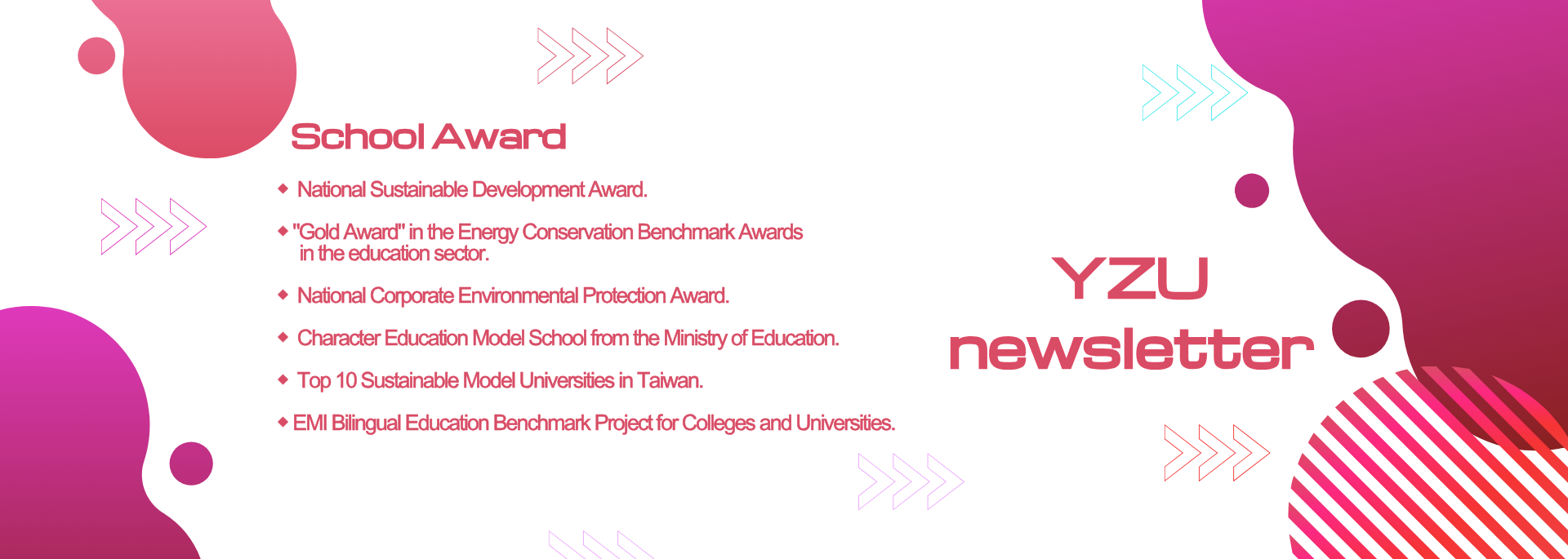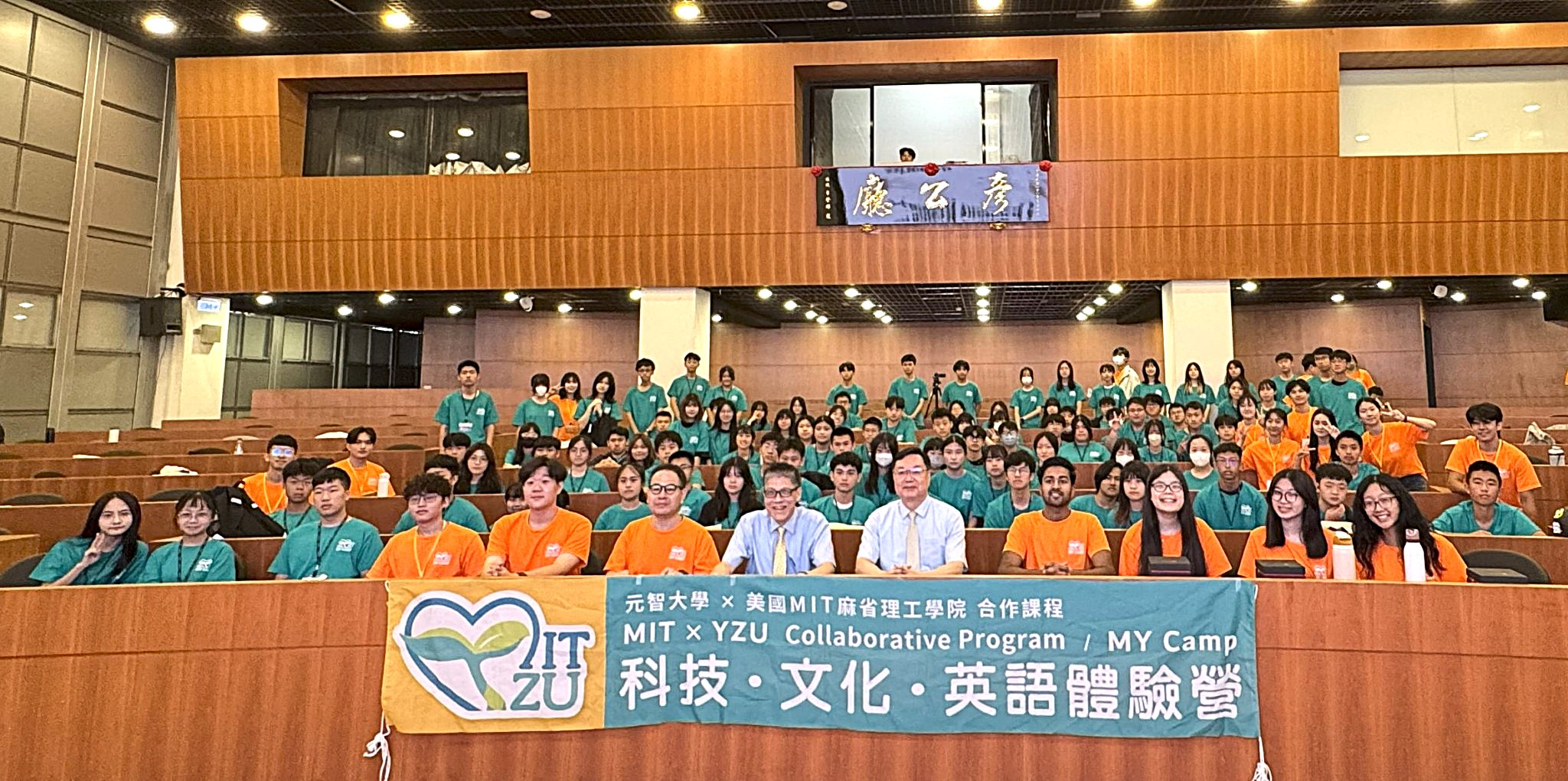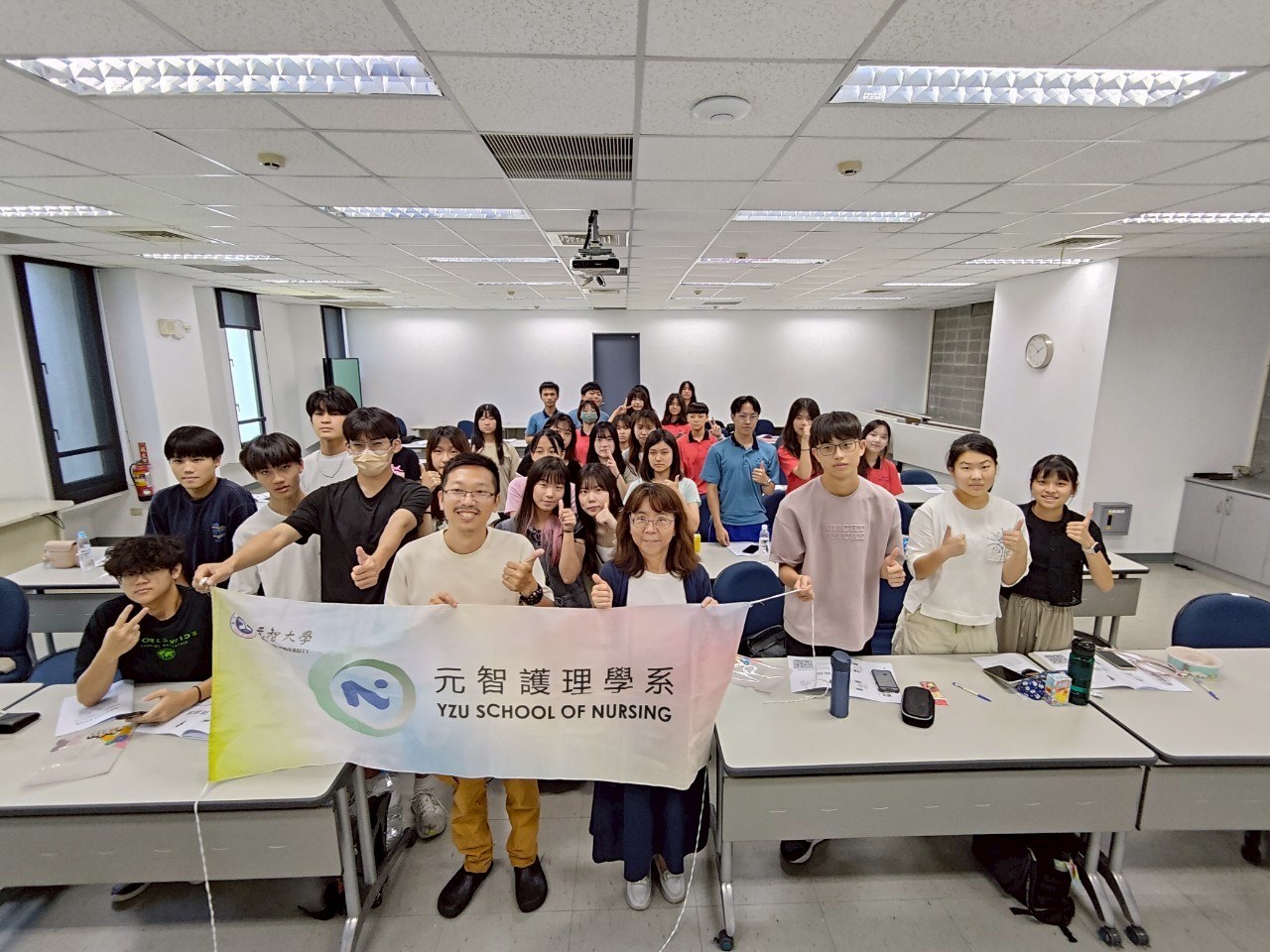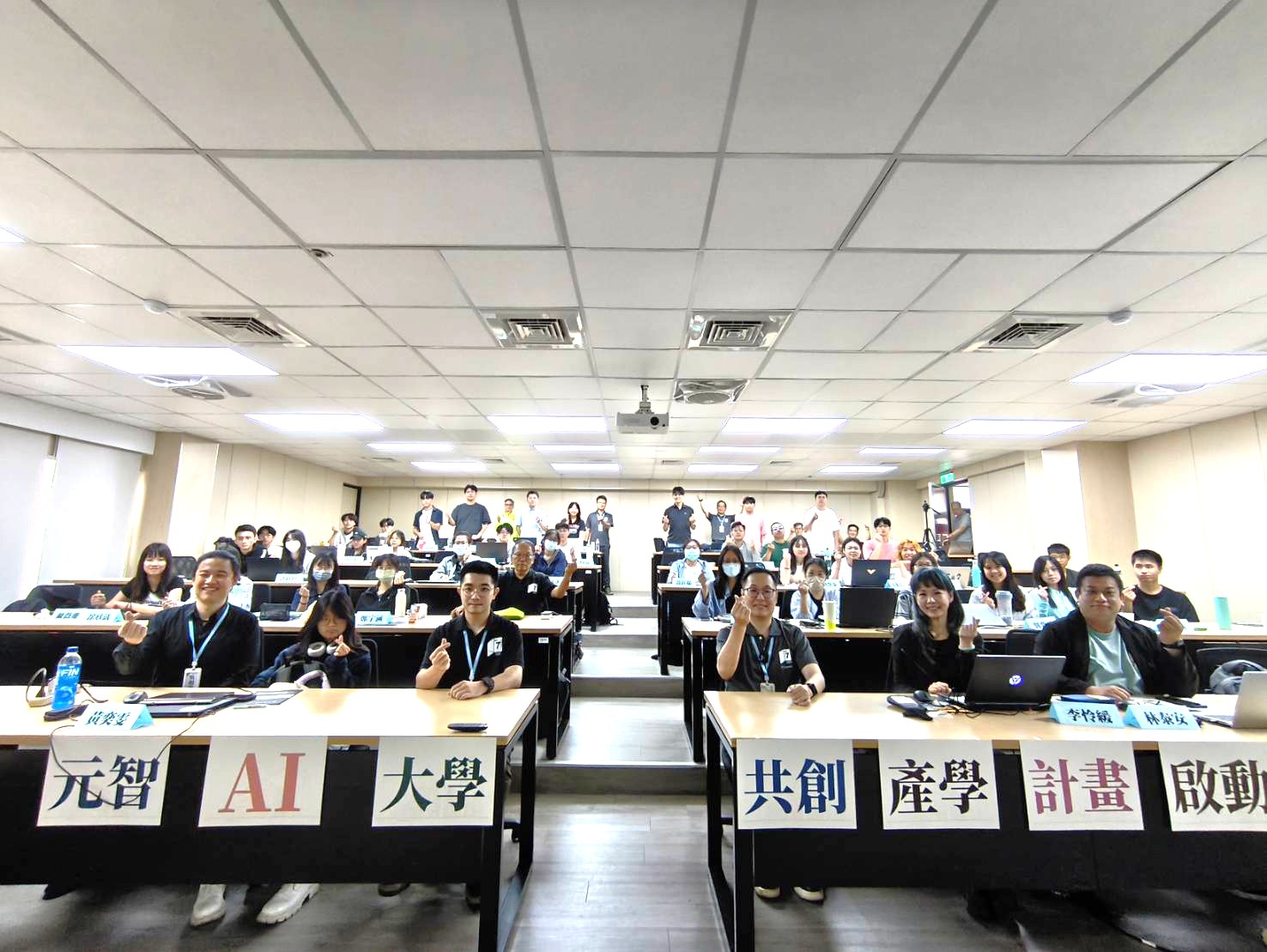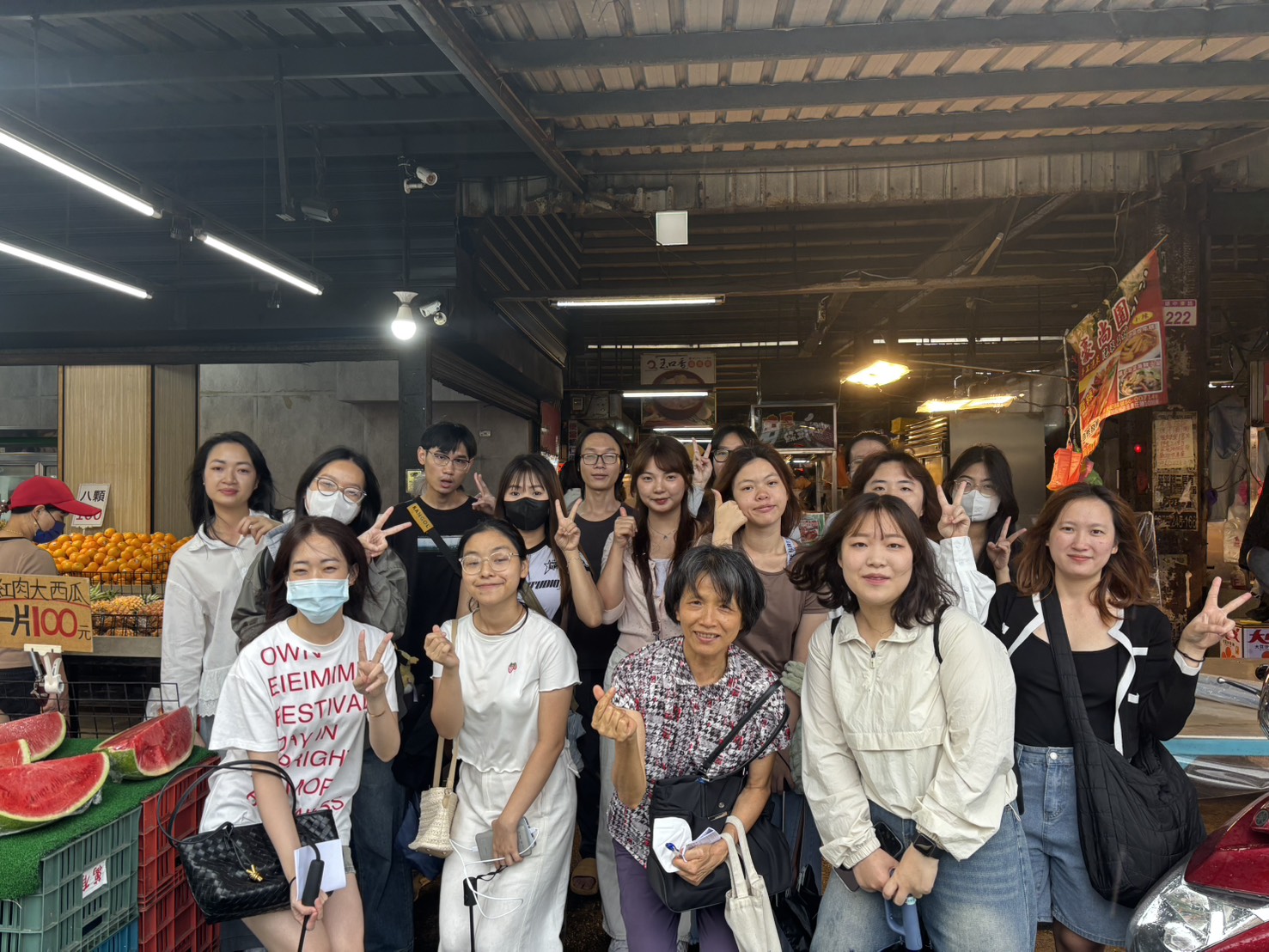Since 2008, Yuan Ze University and the Massachusetts Institute of Technology (MIT) have jointly organized the “Technology, Culture, and English Immersion Camp” (MY CAMP). This past summer marked its 17th edition, with “Quantum AI” as the central theme.
The program combined full English-medium instruction, cutting-edge technology modules, and cross-cultural interaction, attracting over 100 high school students from across Taiwan and 35 Yuan Ze University students, showcasing the university’s commitment to internationalization and forward-looking education.
The camp was held in two sessions. The first session took the form of a workshop for 35 Yuan Ze University students from the College of Electrical and Communication Engineering, the College of Informatics, the College of Management, and the College of Humanities and Social Sciences. It aimed to strengthen interdisciplinary communication and English expression skills. The second session was open to high school students nationwide, drawing over 100 talented participants from diverse backgrounds to the Yuan Ze campus for an intensive five-day immersive learning experience designed to develop technological literacy and global perspectives.
This year’s MY CAMP courses were taught entirely in English (EMI) by five MIT student instructors. The curriculum covered a wide range of modules, including artificial intelligence, computer science, quantum computing, data analytics, and cryptography, spanning foundational concepts to practical applications. Students started with Scratch programming and progressed to working with Python, C++, Arduino circuits, and AI prediction models. They also explored concepts such as qubits, quantum logic, and encryption algorithms for the first time. The program featured numerous interactive lessons and workshops, using simulation games and case discussions to help students grasp the abstract principles of quantum computing and real-world AI applications.
A student from the College of Electrical and Communication Engineering, named Huang, shared that the coding activities reconnected them with knowledge learned in freshman programming courses, linking theory and practice. Lin from the College of Humanities and Social Sciences said that the weather prediction module made them realize for the first time how data analysis and AI are part of everyday life. Li from the College of Informatics particularly mentioned the “Quantum Tic-Tac-Toe” activity as both fun and logical.
Chen, a student from Hsinchu Girls’ High School, said she had initially felt hesitant about the all-English classes but found the content so lively and engaging that it sparked her curiosity about technology. Wu from Zhongli High School remarked that the camp covered all the hot topics in the tech industry, helping him confirm his intention to pursue a future in technology. Liao from Taoyuan High School shared that the playing cards module seemed like a magic trick at first, but turned out to reveal fascinating mathematical principles.
Beyond advancing technological knowledge, the students also improved their communication skills, confidence, and interpersonal experience in a cross-school, English-speaking environment. Many participants said they made friends from different schools and developed problem-solving and idea-presentation skills through teamwork.
Xie Jianxing, Dean of the Office of Academic Affairs, emphasized that MY CAMP had long been one of Yuan Ze University’s key platforms for promoting internationalized technology education. He noted that the collaboration with MIT was not a one-time exchange, but an ongoing, in-depth partnership that provided Taiwanese students with opportunities to step onto the global stage. He highlighted that this year’s curriculum, with its focus on Quantum AI, was designed with forward-thinking content and teaching methods to help students not only acquire new knowledge but also develop the skills to think critically and collaborate with people from diverse cultural backgrounds—core competencies essential for the global workforce of the future.
Xie further stressed that Yuan Ze University would continue building a network of partnerships with top international institutions and encourage students to participate in overseas exchanges and EMI courses. He hoped students would not just be passive recipients of technological knowledge but become future practitioners of innovation and leaders in interdisciplinary integration.
 English
English  正體中文
正體中文 